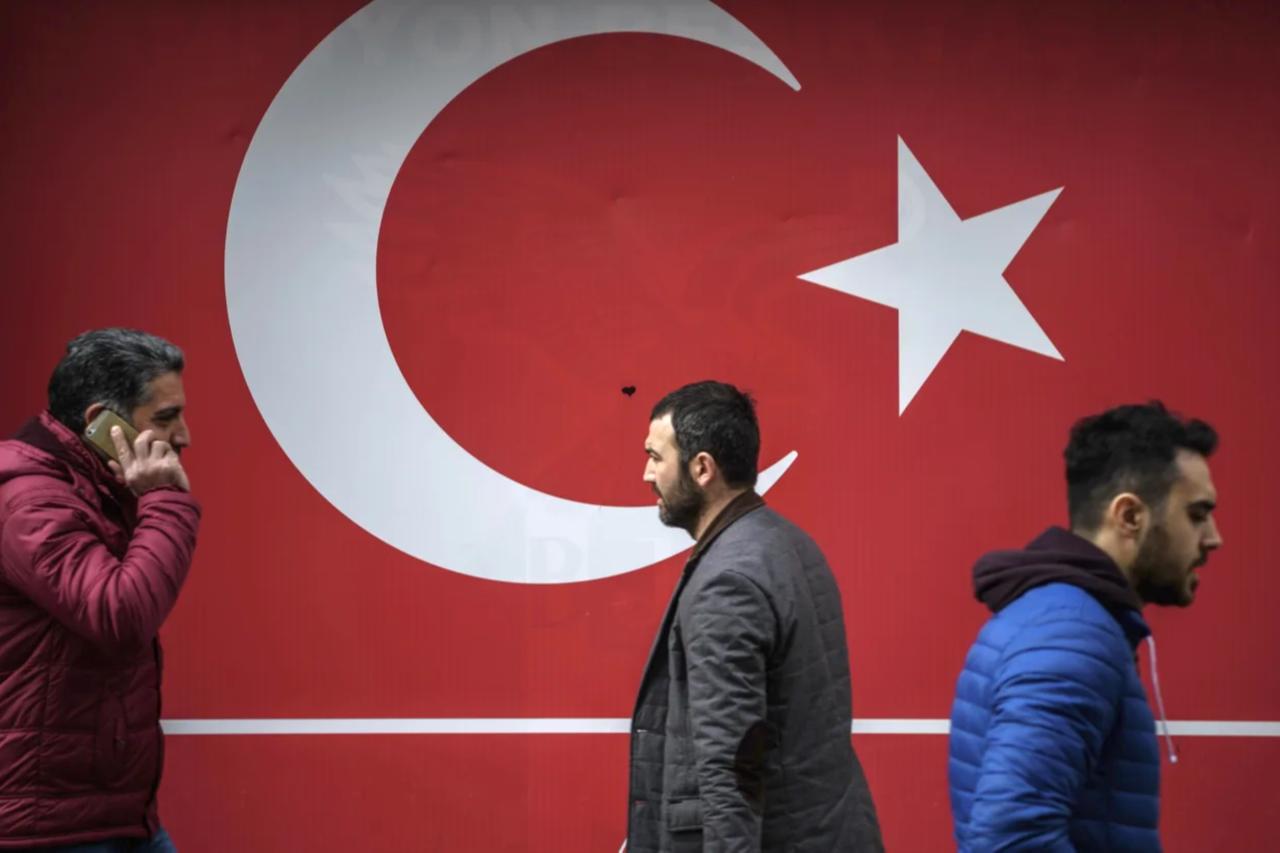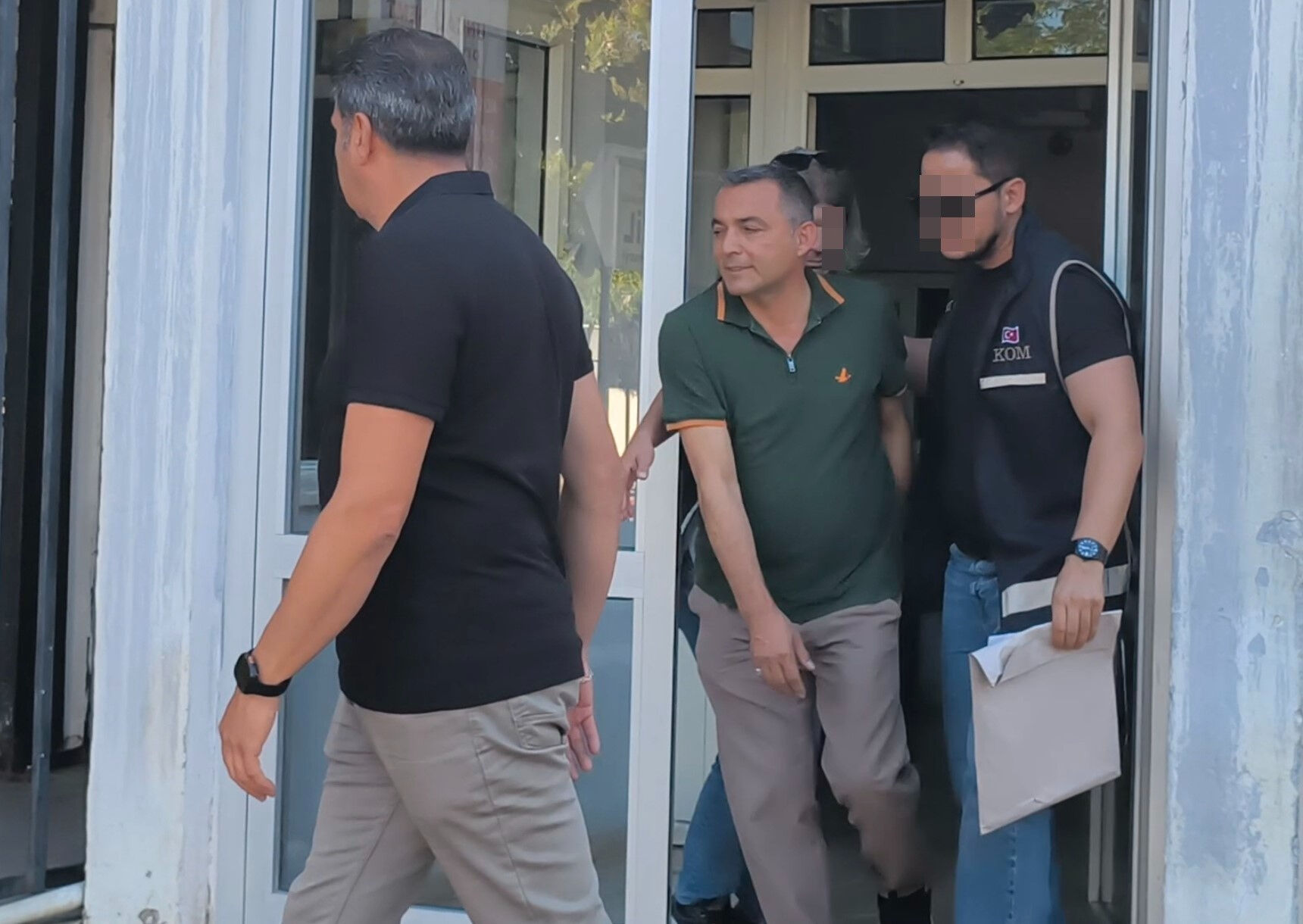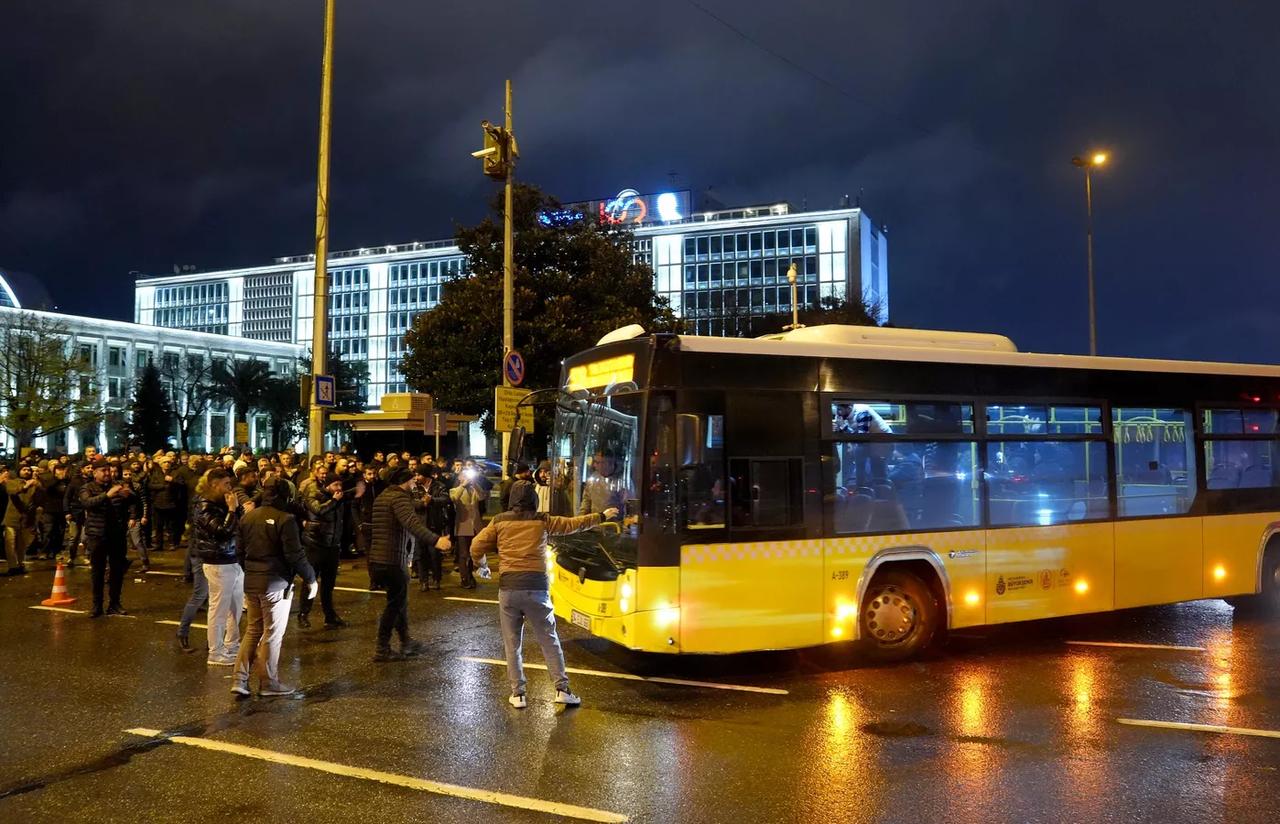
Last week, in the tourist-friendly district of Manavgat in Türkiye’s Antalya province, the deputy mayor was caught red-handed accepting tens of thousands of euros in bribes, concealed inside a box of baklava.
The incident, both surreal and symbolic, comes amid mounting public concern over corruption in the country’s public institutions. A new national survey has now added empirical weight to those concerns.
Published in the same week, the opinion survey has brought Türkiye’s longstanding corruption debate into sharper focus, exposing not only the scale of public distrust but a fundamental disagreement over the causes. Is corruption a symptom of deepening societal decay, or is it the product of a governance system that no longer enforces accountability?
PANORAMATR’s Corruption Perception report highlights this divide. While 72% of respondents say corruption in the public sector is either “very common” or “extremely common,” the explanations they offer reveal diverging worldviews, often shaped by political alignment, class, and ideology.
The report’s findings underscore a mounting crisis of trust in Türkiye’s anti-corruption efforts. Some 59% of participants rated the government’s policies against corruption as ineffective or very ineffective. This perception cuts across age groups and regions, suggesting that discontent is not confined to traditionally opposition-leaning areas.
Corruption, a persistent feature of Turkish politics, is once again widely perceived as structural. The concern is not just about a few officials acting improperly, but about a state system that allows such conduct to continue without consequence.

A key finding of the report is how voters differ in diagnosing the root cause of corruption. Among supporters of the ruling Justice and Development Party (AK Party) and the Nationalist Movement Party (MHP), the problem is framed primarily in moral terms. These respondents tend to blame a general decline in societal values such as greed, selfishness, and opportunism as the core drivers of corruption.
In contrast, opposition voters see the issue as fundamentally political. They view corruption as the outcome of power concentration, weakened institutions, and blurred lines between government and business. In this narrative, corruption is not a cultural flaw but a design feature of the current governance model.
This split is a new product of division in Turkish politics, and the report suggests it is deepening. It affects how citizens think about solutions, and whether they see the government as capable of leading them.
While corruption is not perceived as a new phenomenon, 72% of respondents say it has increased over the past decade, and 57% describe that increase as “very significant.”
For many, recent patterns in public contracting, local administration, and political appointments have made corruption more visible and normalized.
Rather than being seen as individual wrongdoing, corruption is now often perceived as routine, built into the system, not standing outside of it.

When asked to evaluate specific sectors, respondents identified municipal governments as the most corrupt, with an average rating of 4.1 on a 1–5 scale. Local administrations, where clientelism and opaque tender processes are often reported, have become flashpoints for discontent.
The healthcare sector (4) and construction industry (3.9) follow closely. These sectors have seen significant public investment and expansion in recent years, often under conditions of limited oversight and political favoritism.
By contrast, the judiciary (2.8), customs (2.6), and land registry offices (2.4) received the lowest corruption perception scores, yet still suggest moderate levels of distrust, especially in areas where transparency and impartiality are critical.
Despite political divides over cause, there is a cross-cutting consensus on what should be done. Increased institutional oversight is the most supported solution, followed by transparent public procurement processes and tougher penalties for corrupt officials.
Respondents also showed strong support for mandatory asset declarations by public officials—a longstanding recommendation by civil society groups, but one that remains inconsistently implemented and largely inaccessible to the public.
The findings indicate that citizens want enforceable measures—not just symbolic gestures—when it comes to anti-corruption reforms.
The report’s core insight is not only that corruption is widely perceived as a serious problem in Türkiye, but that there is no shared national understanding of what’s driving it. Whether framed as a moral crisis or an institutional one, the implications are far-reaching.
If corruption is the result of cultural decay, then policy solutions should focus on education, ethics, and societal reform—yet, nothing meaningful has been done to address the issue. If it is instead viewed as the byproduct of centralized and unchecked power, the emphasis shifts to institutional restructuring and legal accountability.
Over the recent months, corruption cases have rarely left the nation’s news cycle. They remain a constant fixture in public discourse, yet few of those controversies lead to a confrontation with the underlying causes or a serious effort to devise solutions.